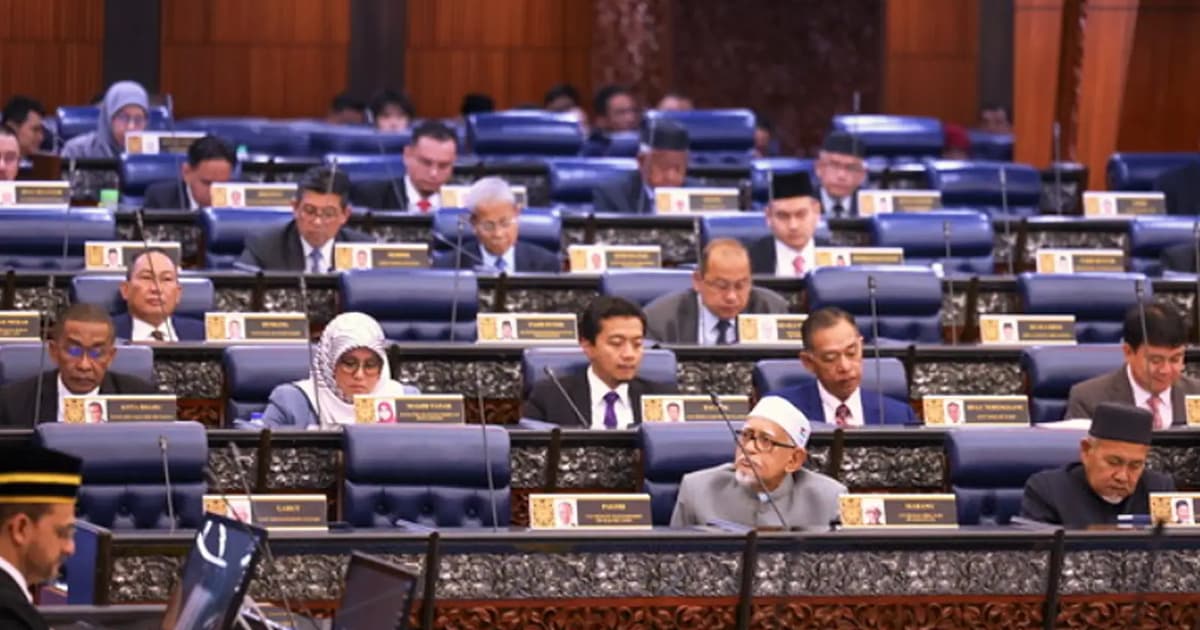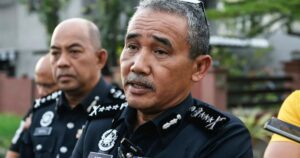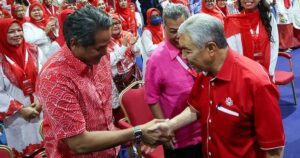
Civil society groups, political parties, and elected representatives have urged the government to introduce gender quotas in Parliament and the state assemblies through party-list seats, saying Malaysia is among the worst performers in Southeast Asia for women’s parliamentary representation.
The groups said Malaysia ranked 152nd out of 188 countries monitored by the Inter-Parliamentary Union, with women making up just 13.45% of MPs and 11.56% of state assembly members.
In a joint statement, they called for reforms modelled after Thailand and Taiwan, where legislatures have party-list proportional representation with gender quotas alongside first-past-the-post (FPTP) seats.
Such a hybrid system, known as Mixed Member Majoritarian (MMM), would require a constitutional amendment at the federal level.
At the state level, they said, the existing appointed seats in Sabah, Pahang and Terengganu could be converted into “Women-Only Additional Seats” (WOAS) allocated by party vote share.
States like Selangor and Penang could introduce “Top-up Women-Only Additional Seats” (TWOAS) to ensure at least 30% female representation.
The statement also urged political parties to field at least 30% female candidates in the next general and state elections, and called on the government to tie public funding for parties to the number of women elected.
“Malaysia does not lack women talents in politics. What it lacks are opportunities for them to take up leadership roles,” the groups said.
The joint statement was initiated by Project Stability and Accountability for Malaysia (Projek SAMA) and endorsed by more than 20 civil society organisations, five political parties, several MPs and assemblymen, and individual activists.
It was issued to mark the 30th anniversary of the Beijing Declaration and Platform for Action adopted at the UN’s Fourth World Conference on Women, which called for a minimum 30% women’s representation in all decision-making bodies, including legislatures.






